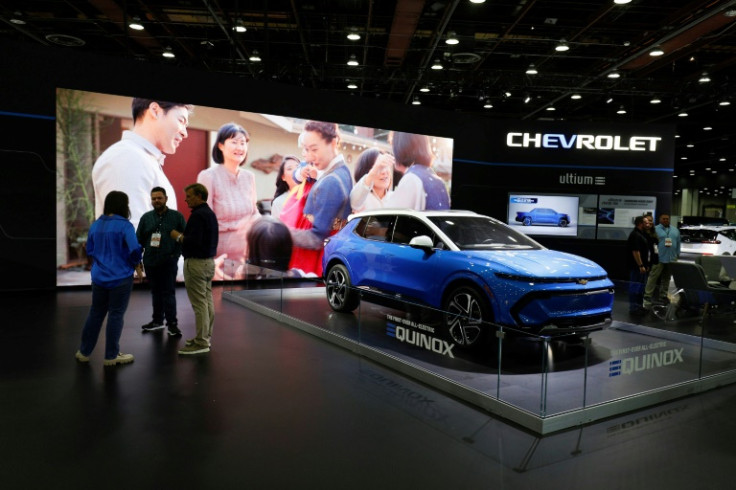
General Motors will pay the federal government a substantial $146 million in penalties after it was found that 5.9 million of its older vehicles were non-compliant with fuel economy and emission standards.
In a statement on Wednesday, the National Highway Traffic Safety Administration revealed that several of the carmaker's vehicles from 2012 to 2018 did not comply with federal fuel economy requirements.
The enforcement covered 4.6 million SUVs and full-size pickups and 1.3 million midsize SUVs, according to the EPA. The affected models include the Cadillac Escalade, the Chevy Tahoe, and the Chevy Silverado.
AP reported that the penalty came after testing by the Environmental Protection Agency showed that several of GM's SUVs and pickup trucks, on average, emitted more than 10% more carbon dioxide than their initial testing claims.
According to the Washington Post, the EPA stated that the questioned vehicles could not be repaired and would have to remain on the road. On average, GM vehicles consume fuel at a rate more than 10% higher than the number stated on the window sticker. However, despite this, the EPA stated that the company is not required to change the miles per gallon stated on the stickers.
"Our investigation has achieved accountability and upholds an important program that's reducing air pollution and protecting communities across the country," Michael Regan, the EPA administrator, noted.
In a statement, GM said that it complied with the requirements for pollution and mileage certification of vehicles. GM also neither admitted to any non-compliance with the Clean Air Act nor committed to any wrongdoing.
According to Bill Grotz, the spokesman for GM, the issue started in 2016 when the EPA implemented changes in testing procedures. The vehicles were not defective, hence, owners do not need to take any action on them.
Grotz added that they believe their voluntary action is "the best course of action" to resolve issues with the federal government.
The EPA also noted that because the carmaker agreed to address the issue of excess carbon dioxide emissions, it was no longer necessary for them to launch a formal investigation into the cause or reasons behind the excess pollution emitted by the questioned models.







